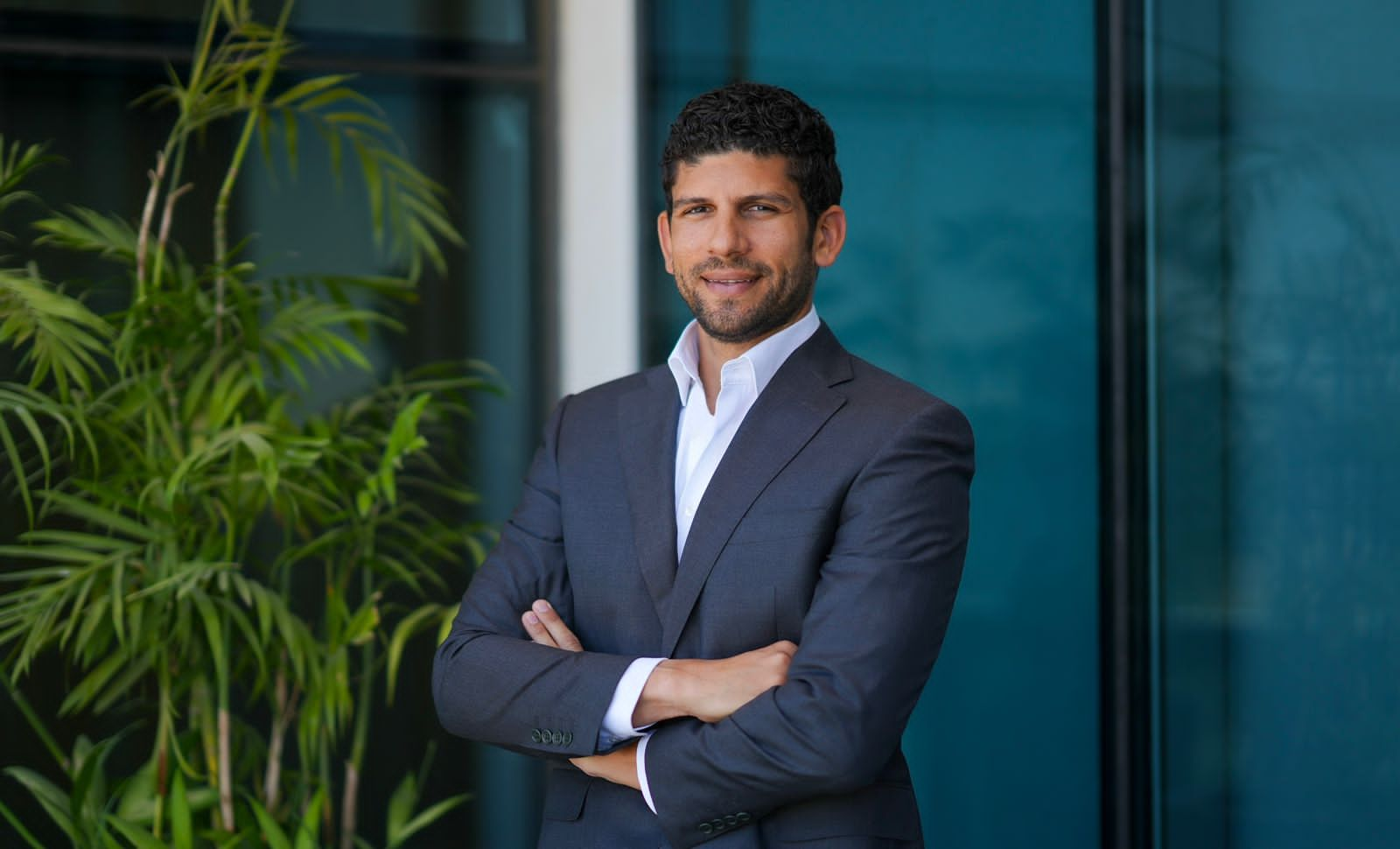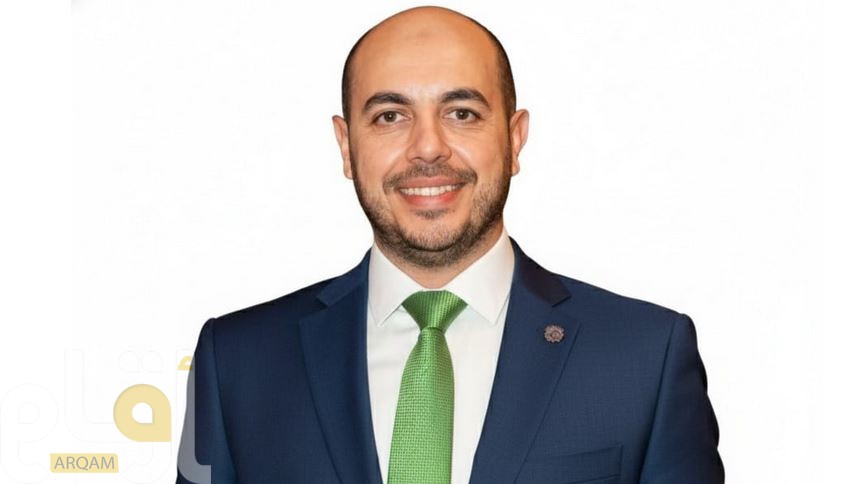Parents nowadays tend to have many concerns about the amount of time their children spend with their gadgets and what content they consume online. According to a recent survey by Kaspersky, 81% of parents surveyed strive to have complete control over their children’s online activities, 13% of respondents activate their control only when needed, while only 7% tend not to get involved in their children’s digital life at all.
Parental worries arise not without reason. Kaspersky data shows that 64% of children have been exposed to violent content on the Internet; 23% of parents surveyed also reported alarming situations when unknown adults tried to befriend their children in digital space. Another 27% even lost money as a result of their children’s online behavior – including cases of accidentally downloading paid games, buying something online without asking permission, or experiencing online scam.
To protect children from online threats, Kaspersky experts recommend a combination of technical and non-technical measures. Non-technical measures primarily include increasing digital literacy for both children and their parents, while technical measures assume using parental control programs. Some such programs allow parents to not only control screen time and track their children’s geolocation, but also to protect them from age-inappropriate content, including on YouTube. In particular, Kaspersky Safe Kids application has wide functionality and its effectiveness is regularly confirmed by independent international testing labs. Affirming this, within the recent test AV-Comparatives researchers recognized the ability of Kaspersky Safe Kids to block 98% percent of inappropriate content with zero False-Positive cases.
“When it comes to children’s online safety, protection from inappropriate content plays a significant role. Our goal is to empower parents with the confidence that their children are safeguarded. We are honored and proud that our dedicated efforts in this regard are regularly acknowledged by independent testing organizations,” comments Seifallah Jedidi, Head of Consumer Channel in the Middle East, Turkiye and Africa at Kaspersky.
Kaspersky suggests parents and guardians employ the following proactive measures to safeguard their children:
• By staying informed about the latest threats and actively monitoring their children’s online activities, parents can create a safer online environment for their kids.
• It’s crucial for parents to have open communication with their children about the potential risks they may encounter online and instill strong boundaries and guidelines to ensure their safety.
• To help parents introduce their children to cybersecurity amidst the evolving threat landscape, Kaspersky experts have developed the Kaspersky Cybersecurity Alphabet with key concepts from the cybersecurity industry. In this book, children will learn about new technologies, the main cyber hygiene rules, how to avoid online threats and recognize fraudsters’ tricks. After reading this book together, parents be sure that their children will know how to distinguish phishing website, how VPN and QR-codes work, and even what honeypots and encryption are and what role they play in modern cybersecurity. Parents can download a pdf version of the book for free and go through the basics of cybersecurity with their child, building their cybersafe future.
• Protect children from downloading any malicious files during their gaming experience, by installing a trusted security solution on their device.
• With the right tools such as Kaspersky’s digital parenting app Safe Kids, parents can effectively safeguard their children against cyber threats in the digital space.
*The survey entitled “Growing Up Online” conducted by Toluna research agency at the request of Kaspersky in 2023-2024. The study sample included 10000 online interviews (5000 parent-child pairs, with children aged 3 to 17 years) in 5 countries: Türkiye, South Africa, Egypt, Saudi Arabia, and the UAE.















